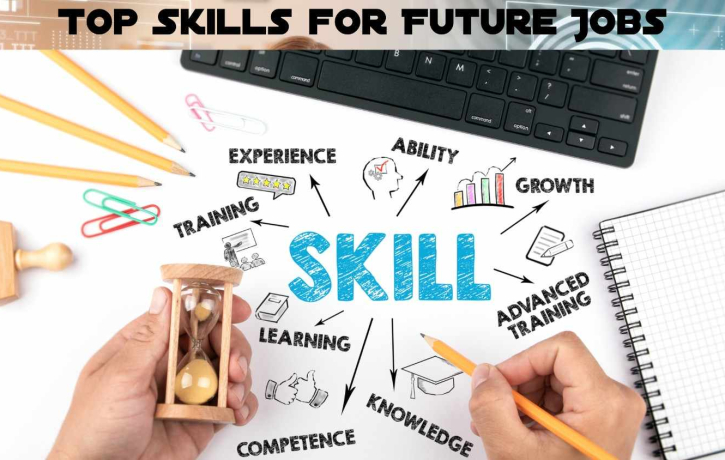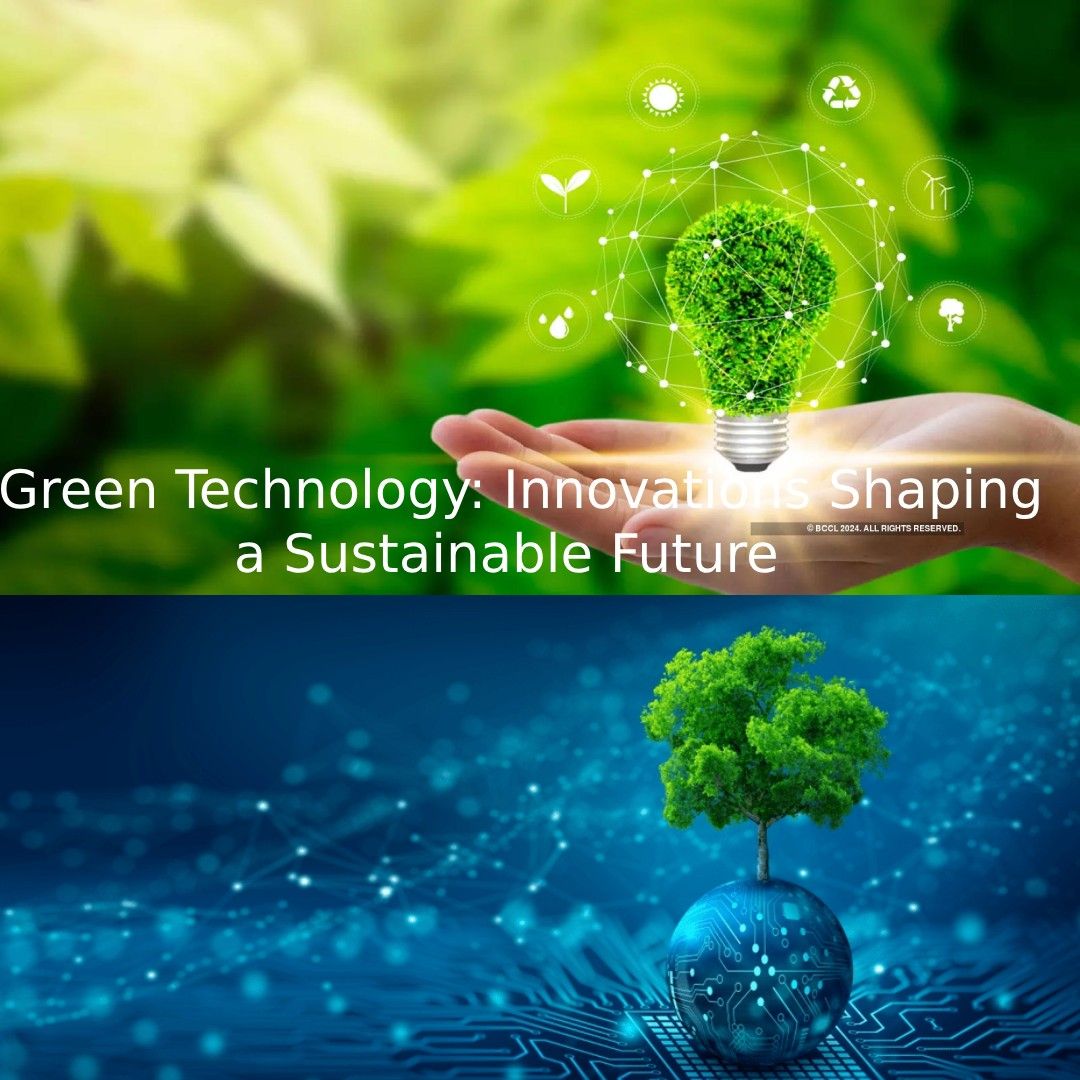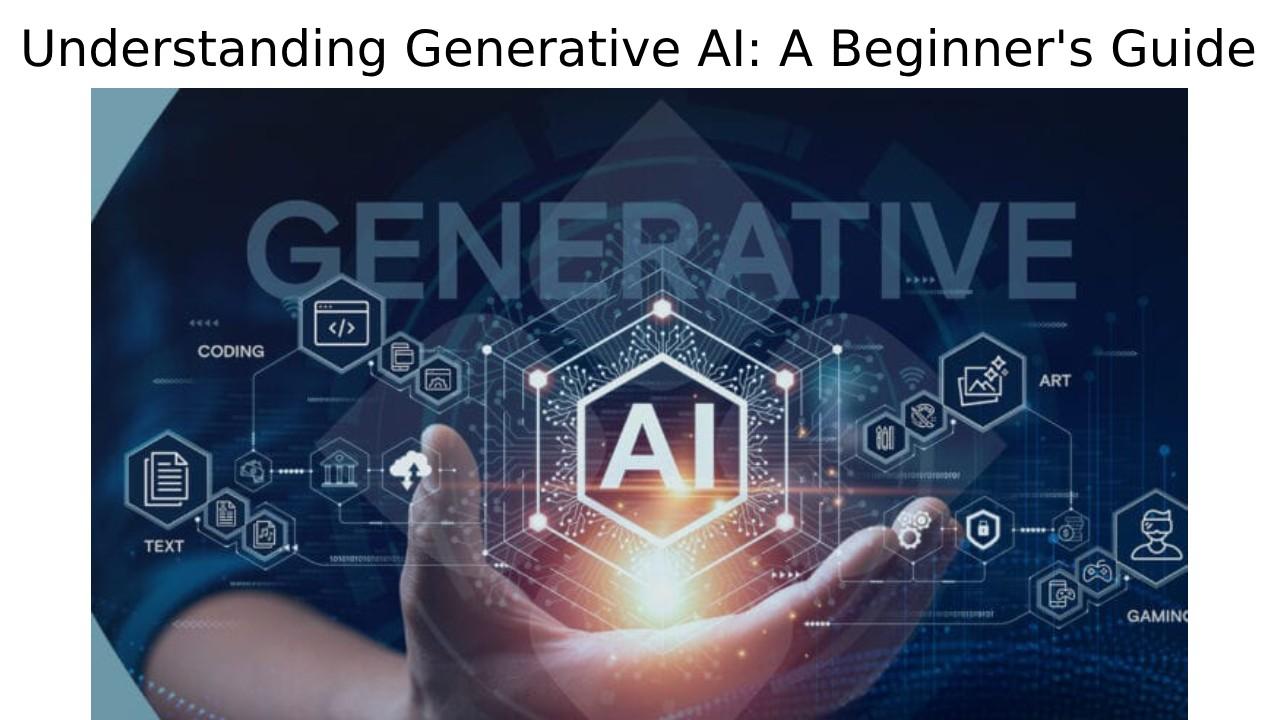- 1 Future of Work: Skills You Need to Thrive in the Evolving Job Market
- 2 1. Digital Literacy & Tech Fluency
- 3 2. Critical Thinking & Problem-Solving
- 4 3. Emotional Intelligence (EQ)
- 5 4. Adaptability & Lifelong Learning
- 6 5. Creativity & Innovation
- 7 6. Communication Skills (Especially Digital)
- 8 7. Leadership and Collaboration
- 9 8. Data-Driven Decision-Making
- 10 9. Cultural Intelligence & Diversity Awareness
- 11 10. Entrepreneurial Mindset
- 12 Bonus: Green Skills & Sustainability Awareness
- 13 How to Start Building These Skills
- 14 Final Thoughts
Future of Work: Skills You Need to Thrive in the Evolving Job Market
Introduction
Top Skills for Future Jobs world of work is undergoing a massive transformation. Automation, artificial intelligence (AI), remote collaboration, and rapid digitalization are reshaping how businesses operate and what they expect from employees. As we move further into the 2020s, it’s no longer just about degrees or experience—it’s about having the right skills. Whether you’re a student, a mid-career professional, or planning a career switch, knowing which skills to master can be the key to thriving in the Top Skills for Future Jobs
1. Digital Literacy & Tech Fluency
In nearly every industry, digital skills are now essential.
Key Areas to Focus:
-
Basic Coding and Programming (Python, JavaScript, SQL)
-
Data Literacy (data analysis, visualization, interpretation)
-
AI & Machine Learning Basics
-
Cloud Computing (AWS, Azure, Google Cloud)
-
Cybersecurity Awareness
Why it matters: As technology continues to evolve, even non-tech roles will require familiarity with digital platforms and data-driven tools.
2. Critical Thinking & Problem-Solving
AI can process data, but it can’t think critically like humans. Employers seek professionals who can evaluate information, identify patterns, and make sound decisions.
Develop through:
-
Case study analysis
-
Real-world simulations
-
Strategic thinking workshops
-
Cross-functional collaboration
Why it matters: Businesses need people who can solve complex, unpredictable problems and make sense of ambiguity.
3. Emotional Intelligence (EQ)
In a world full of automation, soft skills are your human advantage.
Core Traits:
-
Empathy
-
Self-awareness
-
Relationship management
-
Resilience
Why it matters: Emotional intelligence is key to team leadership, conflict resolution, customer interaction, and workplace harmony.
4. Adaptability & Lifelong Learning
Change is the only constant in the future of work. The ability to learn, unlearn, and relearn is becoming a top asset.
Build by:
-
Taking online courses (e.g., Coursera, Udemy, LinkedIn Learning)
-
Engaging in cross-functional roles
-
Staying current with industry trends
Why it matters: Job roles are evolving, and being adaptable makes you indispensable.
5. Creativity & Innovation
With automation handling routine tasks, creative thinking will distinguish human contributions.
Ways to Enhance:
-
Practice brainstorming sessions
-
Join innovation labs or design-thinking workshops
-
Read widely across disciplines
Why it matters: Companies need creative minds to design products, solve user problems, and reimagine business models.
6. Communication Skills (Especially Digital)
In hybrid or remote work environments, clear and concise communication is crucial.
What to master:
-
Written communication (emails, reports, presentations)
-
Public speaking and storytelling
-
Cross-cultural communication
-
Using digital tools (Slack, Zoom, Notion, etc.)
Why it matters: Effective communicators build trust, convey ideas clearly, and lead more efficiently.
7. Leadership and Collaboration
The future workplace values collaborative leadership, not just titles, but influence.
Build leadership by:
-
Volunteering for team leads
-
Managing projects
-
Mentoring peers
-
Leading virtual teams
Why it matters: Teamwork is essential in diverse, decentralized work environments. People who lead with empathy and clarity will rise faster.
8. Data-Driven Decision-Making
In every field—from marketing to healthcare—data is the new gold.
Skills to Learn:
-
Excel/Sheets analytics
-
Data storytelling
-
Understanding dashboards (Power BI, Tableau)
-
A/B testing and experimentation
Why it matters: The ability to interpret and apply data insights is crucial for strategic decisions and performance tracking.
9. Cultural Intelligence & Diversity Awareness
Globalization and remote work have made culturally competent professionals highly valuable.
Focus areas:
-
Understanding global etiquette and business practices
-
Managing diverse teams
-
Inclusive communication
Why it matters: Teams are now international, and diversity of thought fuels innovation.
10. Entrepreneurial Mindset
You don’t need to start a business to think like an entrepreneur.
What it includes:
-
Proactiveness
-
Risk-taking and resilience
-
Innovation
-
Ownership and accountability
Why it matters: Employers are looking for intrapreneurs—people who take initiative and think like business owners.
Bonus: Green Skills & Sustainability Awareness
With climate change at the forefront, green jobs and sustainability practices are booming.
Key Knowledge:
-
Renewable energy basics
-
Carbon footprint measurement
-
Sustainable design and circular economy
Why it matters: ESG (Environmental, Social, Governance) practices are becoming part of every industry, from fashion to finance.
How to Start Building These Skills
-
Take Online Courses: Platforms like Coursera, edX, Udemy, and Google Skillshop offer certifications.
-
Read Industry Reports: McKinsey, WEF, LinkedIn, and Deloitte regularly publish skills forecasts.
-
Practice in Real Life: Volunteer, intern, freelance, or lead a small team/project.
-
Join Communities: LinkedIn groups, Slack channels, Discord servers, and webinars help you learn and network.
-
Get Certified: Specialized certificates (e.g., PMP, AWS, Data Analytics) enhance credibility.
Final Thoughts
Top Skills for Future Jobs future of work is not about replacing humans—it’s about evolving alongside technology. By developing a strong blend of technical, interpersonal, and adaptive skills, you’ll not only stay relevant, you’ll thrive. The most successful professionals of 2025 and beyond will be those who embrace change, commit to growth, and keep learning no matter what.








